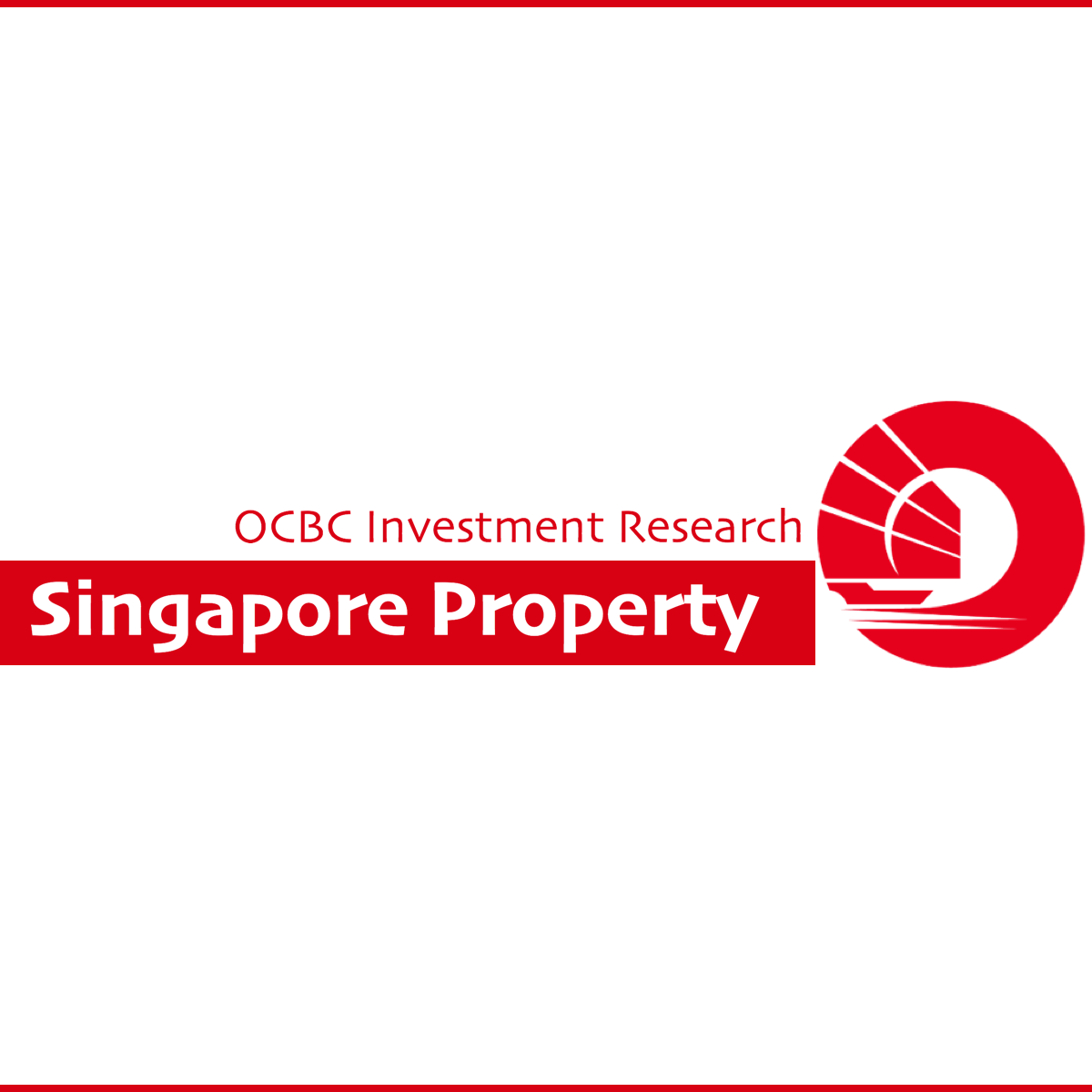 Property Stocks
Cooling Measures
Property Stocks
Cooling Measures
Singapore Residential Sector - Sledgehammer To Kill A Fly
- Unexpected measures.
- Watch the downside.
- Downgrade sector to NEUTRAL.
Adjustments to ABSD rates and LTV limits
- Last evening, the Singapore government announced a number of cooling measures pertaining to the local residential property market. A number of key measures should be noted by investors.
- First, the current Additional Buyer’s Stamp Duty (ABSD) rates will be raised by 10% pts and 5% pts for all entities and individuals, respectively, except for Singapore Citizens and PRs making their first residential purchase. An additional non-remittable ABSD of 5% will also be levied on developers purchasing residential properties for housing development.
- Loan-to-Value (LTV) limits will be tightened by 5% pts for all housing loans granted by financial institutions; revised LTV limits do not apply to loans granted by HDB.
Outside our expectations
- These latest cooling measures were not in our base case, given that private residential prices have only started to increase by less than 10% since the 2Q17 trough.
- Moreover, the recent URA 2Q18 flash estimates saw private residential property prices increase 3.4% q-o-q, which moderated from the 3.9% q-o-q growth registered in 1Q18.
Change to our thesis
- The sector, using the FTSE ST Real Estate Holding & Development Index (FSTREH) as a benchmark, has returned negative total returns of 4.8% YTD, underperforming the STI (-2.6%).
- While we previously argued that the positive outlook presented a buying opportunity in the midst of the sector correction, we no longer believe this to be the case. See report: Singapore Residential Property - Cheap Just Got Cheaper | SG investors.io. Apart from the extra financial burden on second (and subsequent) - home buyers, developers would also find it increasingly challenging to enter into further enbloc transactions, assuming no significant changes to elevated reserve prices.
- Referencing the previous comprehensive package of cooling measures introduced in Jan 2013, we note that the FSTREH declined by up to ~28% after approximately 37 months (Feb 2016), with the next day following the announcement closing at - 3.0%. Coupled with the current macro uncertainties, near-term sentiment would be highly likely to sour.
- We expect shares prices of local property developers to see an immediate negative knee-jerk reaction.
- We downgrade our Singapore residential sector rating from Overweight to NEUTRAL, and will be reviewing our recommendations of the developers under our coverage.
Wong Teck Ching Andy CFA
OCBC Investment
|
https://www.iocbc.com/
2018-07-06
SGX Stock
Analyst Report
15.780
Same
15.780

